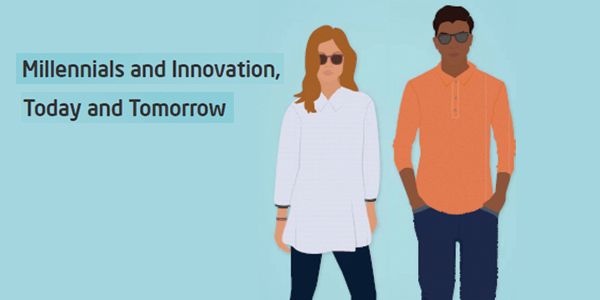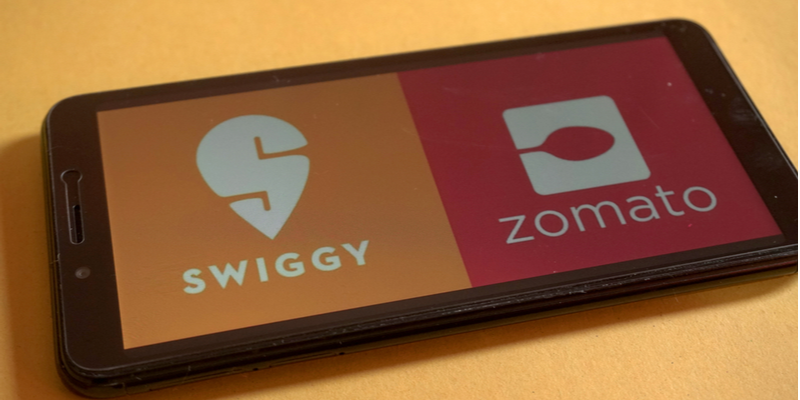Some facts every tech entrepreneur should know about millennials, women & data sharing
Do you think millennials are all ga-ga over technology? Do you feel that they are so much in love with all their touch-enabled-devised that they have completely forgotten about the very essential human touch to things? Do you think women care less about innovations in technology as compared to men?
If you are creating a tech product or innovating for these demography, how do you find the right answers to these questions to help you conceptualize a better product? The first step is generally to look out for some facts and figures about the same – market research helps! A new study commissioned by Intel Corporation and conducted by Penn Schoen Berland, examining global attitudes towards technology innovation challenges, existing perceptions on technology champions and hotspots reveal some facts which can be useful for you.
The research reveals that millennials (age 18 to 24) are the least enthusiastic about technology today but optimistic for future technology that delivers a more personalized experience, while women in emerging markets are the most optimistic about innovations in technology. Here are some of the key findings of Intel Innovation Barometer:

Millennials want it personalized
The “Intel Innovation Barometer” reveals millennials globally show a stark contrast to their reputation as digital natives who can’t get enough technology in their lives. A majority of millennials agree that technology makes people less human and that society relies on technology too much. Millennials want future technology to make life better, more simple and fun.
- A high 91 % of Indian millennials believe technology innovation makes life simpler. More than a third (35 %) of Indian millennials think technology should learn about their behavior and preferences when they use it.
- 63 percent of Indian millennials feel society relies on technology too much and makes us less human (47 %).
Indian women care about tech advancements more than women in other parts of the world
The survey revealed that older women and those living in emerging markets are enthusiastic about the role of technology in their lives. The researchers say that women historically have become avid users of technology when that technology solves a problem, helps them organize their lives and that of their families, as well as aids them in saving time and time shifting.
- Globally, Indian women over 45 are most positive about technology making us more human: 77 % of Indian women over 45 say: “Technology makes us more human”, compared to 45 %of all respondents globally.
- 67 % of Indian women over 45 agree with the statement that “I like to keep up with technological advancements and always have the newest devices” compared to 9 % of French women over 45, 11 % of U.S. women over 45.
- Women in India believe technology will drive better education (54 %), transportation (50 %), work (42 %) and healthcare (42 %).
Digital affluence and data sharing
The research revealed that those with the most are willing to give the most when it comes to personal data. Individuals with high incomes are the most willing to anonymously share personal data, such as results of lab tests or travel information. However, the research revealed that it is possible to incentivize sharing by showing the specific benefits.
While showing personal benefits is the most compelling way to close the gap between those who will share and those who won’t, even showing societal benefits such as improved health treatments or lower costs of commuting helps to make the case for sharing.
- 88 % of high-income Indians would share anonymous personal information, such as lab tests and health monitoring, in order to support research, compared with 71 % of individuals with mid-level incomes and 70 % of those with lower incomes.
- When asked if they would share personal data in exchange for lower costs of medications, the percentage of lower income individuals who agree jumps to 82 percent.
- In general, individuals with higher incomes are more willing to let an application learn about their work habits to help make them more efficient, however this does not hold true in India, where 87 percent of individuals with high incomes and similarly 88 percent of those with low incomes would do so.











